
The excessive charging time of electric vehicles is, without a doubt, the great weak point of electromobility. For the vast majority of consumers, using cars without emissions beyond the urban area is still a utopia.
The short range and the charging process, together with the few points where they can be plugged in, means that the use of electric cars as a means of transport for long trips is not yet considered an option.
The problem of charging an electric
To make half of the cars sold in the United States electric or hybrid by 2030, researchers at the American Chemical Society (ACS) set to work to find a solution to slow charging processes.
And they have found it – through artificial intelligence – by studying how batteries age when they are charged quickly. Thus, they have managed to adapt the charging protocol in a way that optimizes speed, while avoiding damage to the batteries that are currently used.
To do this, they developed an algorithm that was trained to analyze 20,000 to 30,000 data packets that focused on the quality of the battery charge and whether it was aging or degrading. To do this, machine learning analytics predict the lifespan and ways in which different designs will fail.
90% charge in 10 minutes
Thanks to these tests and analyses, they have already achieved excellent results in the laboratory. After dumping the algorithm data, the batteries they have worked on reach 0 to 90% charge in 10 minutes without suffering. With current technology, the use of superchargers damages the battery and reduces its lifespan.
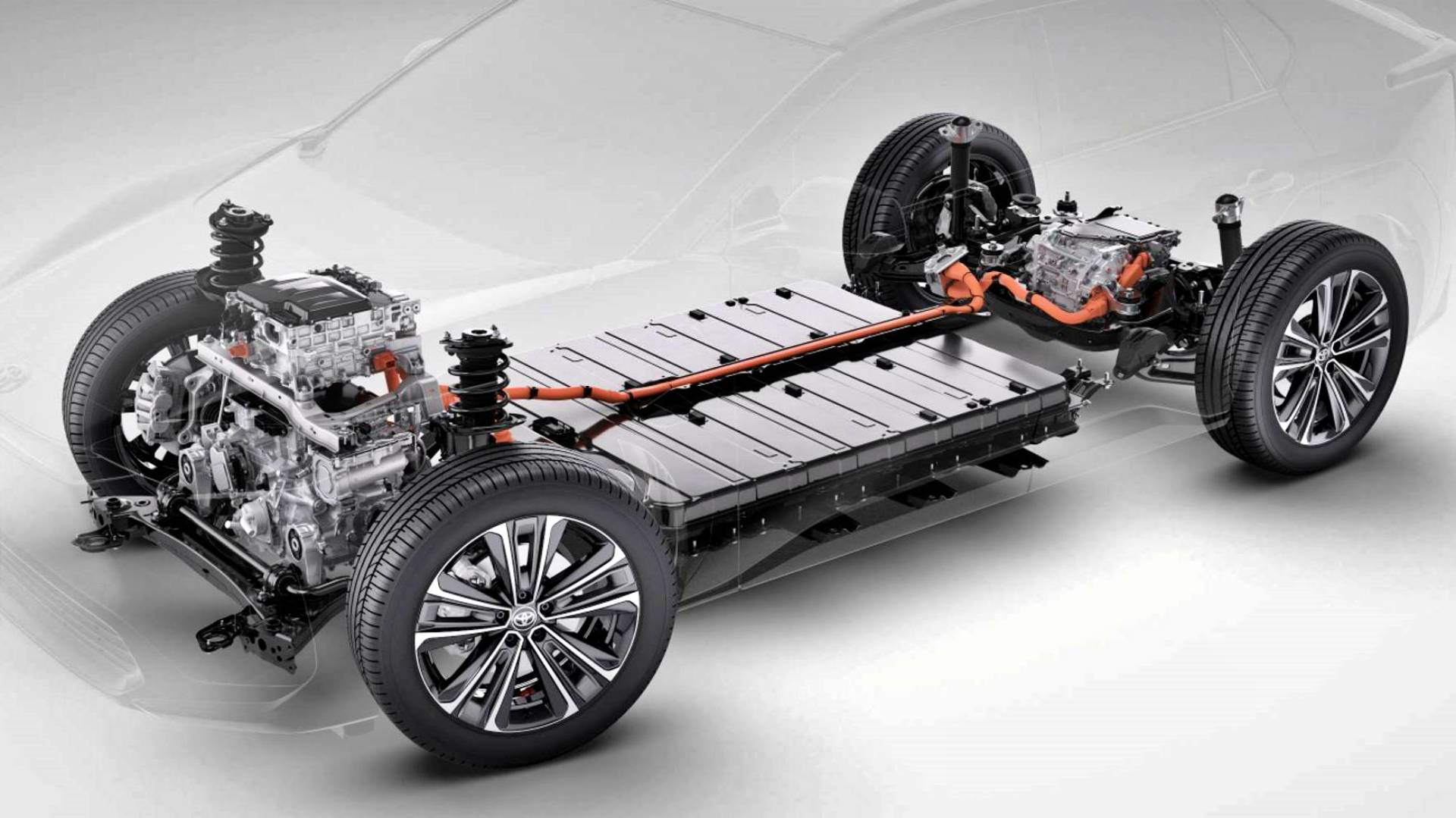
Over the next five years, the task force will attempt charging speeds of up to 20 miles per minute of range, far outperforming superchargers that hover between 10 and 15 miles per minute. All this without limiting the useful life of the battery.
It will also make electric vehicles cheaper, as automakers could offer vehicles with smaller batteries. Even if they had to be recharged more often, it would pay off by doing it faster.
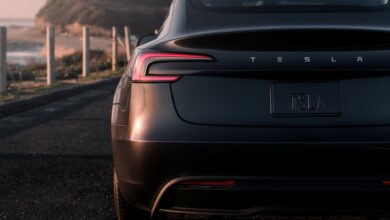
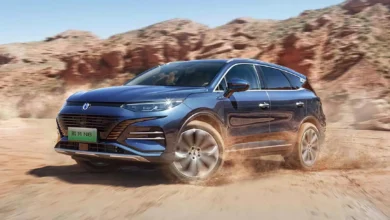
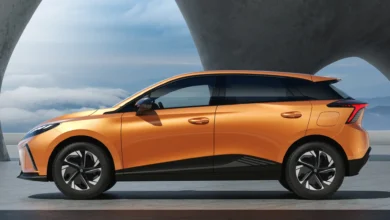
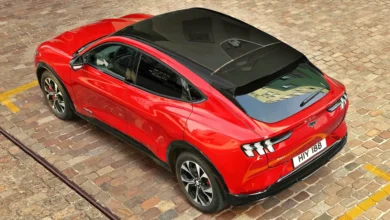
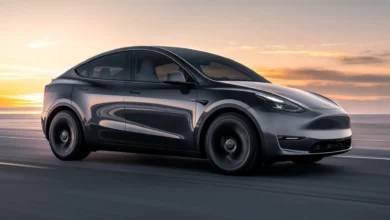
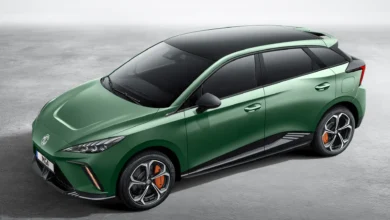
I’ll believe it once the batteries NEVER need to be replaced.
Like everything else, including gas cars, wears out
OK, I’ll believe in ICE vehicles when their engines never need oil changes and never wear out.